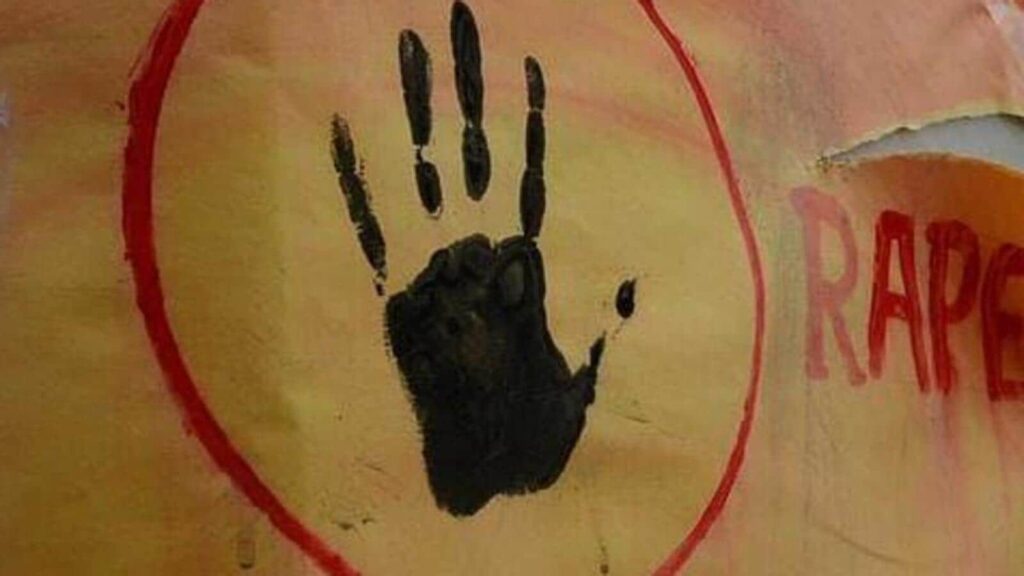Jahanvi Agarwal
In a recent ruling, the Telangana High Court emphasized the need for clarification in cases of alleged rape involving minors, particularly when there is a lack of supporting evidence. Justice K Surender underscored the importance of understanding the victim’s interpretation of the term ‘rape’ in instances where the child unequivocally alleges such an act without corroborative evidence.
The Court stated that:
“When the victim is a child and in one word, she states that ‘rape’ was committed, it would become imperative in such cases when there is no other corroborating evidence, to know from the victim girl as to what is meant by her narration of ‘rape’.”
It was suggested that clarification could be sought from the victim using Section 165 of the Indian Evidence Act. This understanding becomes crucial due to the specific requirements outlined in Section 3 of the Protection of Children from Sexual Offences (POCSO) Act, differentiating between penetrative sexual assault and ‘rape’ under Section 375 IPC.
The court made these observations while overturning the conviction of an accused under Section 6 of the POCSO Act, instead convicting the individual under Section 8 and imposing a three-year jail sentence.
The judgment emphasized the cautious approach courts must adopt in relying solely on a victim’s statement in the absence of corroborating evidence, especially in cases involving potential life imprisonment. Besides this, the duty of the judiciary to infer from admissible evidence, cautioning against hastily concluding the occurrence of rape based solely on the victim’s use of the term was highlighted
Case Name: Kathula Vasu v. State of Telangana
Diary Number: 783/2023
Bench: Justice K Surender

